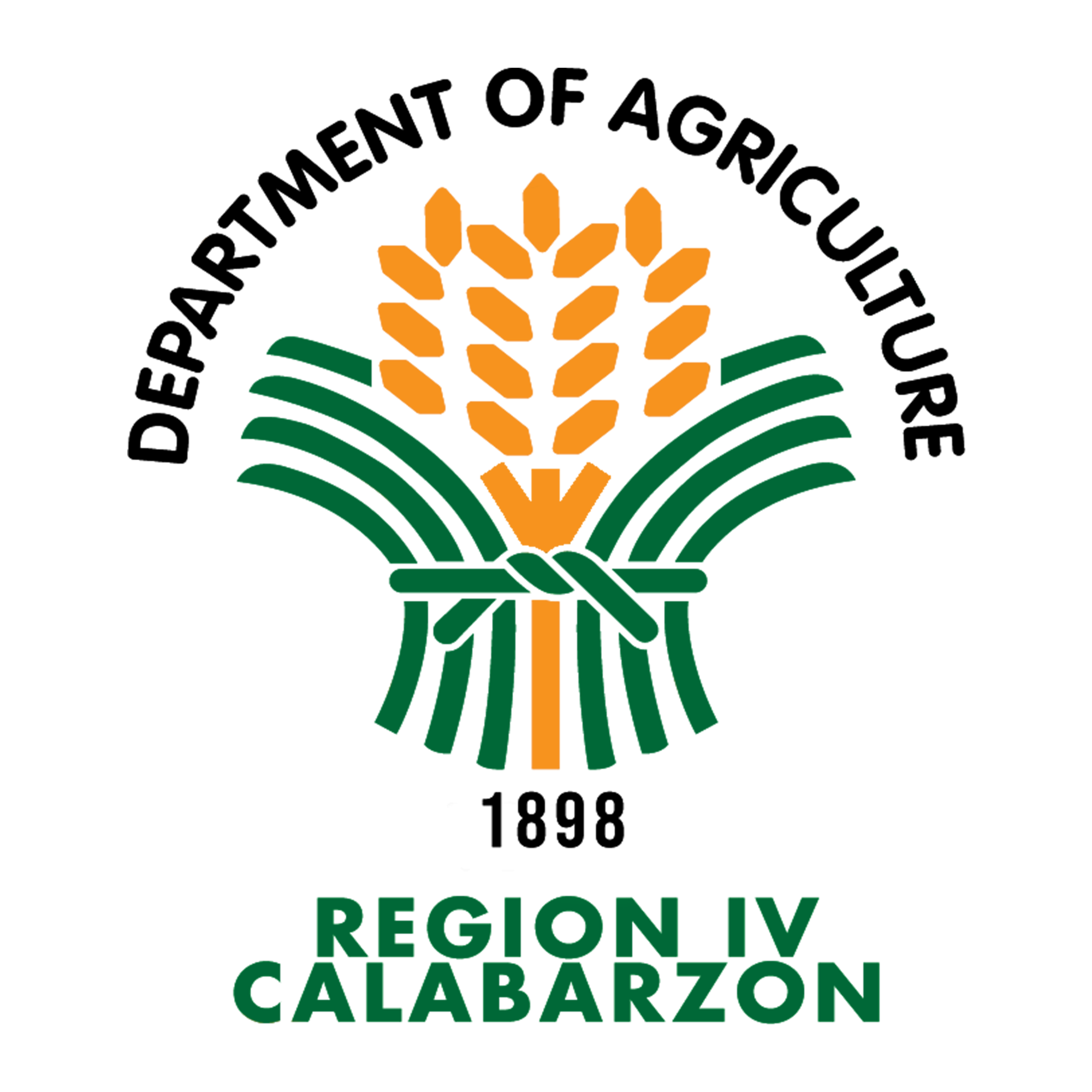In line with the enhanced community quarantine, the regional offices of the Department of Agriculture (DA) and its attached agencies and bureaus in CALABARZON conducted its first-quarter Regional Management Council (RMC) meeting via video conferencing last March 27, 2020, to map out various responses of the Department to support the agri-fishery sector in the region.
The group discussed the P31-billion supplemental budget for the Department under the Republic Act No. 11469 or the Bayanihan to Heal as One Act of 2020. DA CALABARZON Regional Director and RMC Chairperson Arnel V. de Mesa presented how this budget will be used to support food production and availability, food accessibility, and food price stabilization. According to him, the Department’s COVID-19 initiatives will fall under the umbrella of the Ahon Lahat Pagkaing Sapat (ALPAS) Kontra COVID-19 program.
Out of the P31-billion supplemental budget for the whole country, P7 billion will go to National Food Authority (NFA) to buy palay from local farmers; P1 billion will help provide marketing assistance and upscaling of the KADIWA ni Ani at Kita project; P1 billion will be used for expanded small ruminants and poultry project to ensure the continuous supply of meat, chicken, and eggs; P1 billion will support the coconut-based diversification project to promote the production of cash crops and animal husbandry under coconuts; and P1 billion will be for the projects under the Bureau of Fisheries and Aquatic Resources (BFAR).
The Rice Resiliency Project (RRP) of the Department will also receive P7.5 billion from the budget to be divided into P2 billion for Rice Competitiveness Enhancement Fund (RCEF) to buy fertilizers for municipalities planting inbred rice and another P3 billion for the Expanded Inbred Rice Production to cover non-RCEF areas, while the remaining P2.5 billion will be used to expand hybrid rice production in suitable areas with good irrigation.
A P1.5-billion fund will be intended for Urban Agriculture Project (P500 million) and Revitalized Gulayan Project (P1 billion) for the implementation of vegetable gardening in barangays, schools, public areas, and private idle lands. According to Director Vivencio R. Mamaril of Bureau of Agriculture and Fisheries Standards (BAFS), ready-to-plant seedlings will be used for urban agriculture as stated in the circular released by the central office while Director Marites P. Cosico of Agricultural Training Institute (ATI) CALABARZON reiterated that their office will offer trainings and technologies to support the project to ensure that the seeds and seedlings to be dispersed will be planted and used by the beneficiaries.
Financial assistance and insurance coverage will also be boosted with a P6-billion fund. Half of this amount will be granted to farmers affected by the drop in farm gate prices under the Expanded Survival and Recovery Assistance Program for Rice Farmers (SURE Aid) wherein it will provide a P25,000 loan per household payable in 10 years with zero percent interest. Meanwhile, the other half will increase insurance coverage under the Expanded Agriculture Assistance Project. A P3-billion social amelioration to farmers, fishers, and farmworkers will also be provided in addition to the assistance from other executive departments. The financial assistance will be implemented by existing partner-lenders while the insurance coverage and social amelioration will be under the Agricultural Credit Policy Council (ACPC).
In addition, P500 million is intended for the acquisition of Protective Personnel Equipment for DA personnel while another P200 million will be used for sustained Information, Education, and Communication project. All these initiatives will be applicable to the CALABARZON region aside from a P300 million corn food project intended for regions with higher corn consumption as food staple (e.g., Central Visayas, Northern Mindanao).
As also stated in the Bayanihan Act, every unit of the executive branch must re-align their budget to support the COVID-19 initiatives. For DA, it will support the Urban Agriculture Project and KADIWA ni Ani at Kita project.
Director de Mesa also discussed the status of KADIWA markets in the region. Due to limited manpower of the regional office these days, the regional office is partnering with the private sector to effectively roll out the KADIWA on Wheels. The focal person of KADIWA in the region is Ms. Editha M. Salvosa, Chief of Agribusiness and Marketing Assistance Division.
The Regional Director also reiterated that farmworkers, haulers, traders, and agri-preneurs who do not exhibit COVID-19 symptoms are exempted from the quarantine restrictions as detailed in Memorandum Circular Nos. 7 and 9, and as endorsed and approved by the Inter-Agency Task Force. He enjoined everyone to report cases of violation to the regional office so it can be forwarded to the Department of the Interior and Local Government for proper actions.
Other participating agencies during the meeting were Philippine Rice Research Institute, Philippine Statistics Authority, Philippine Center for Postharvest Development and Mechanization, Philippine Coconut Authority, Fertilizer and Pesticide Authority, Philippine Carabao Center, and National Dairy Authority. ● (LAAB, DA-RAFIS)






 All content is in the public domain unless otherwise stated.
All content is in the public domain unless otherwise stated.